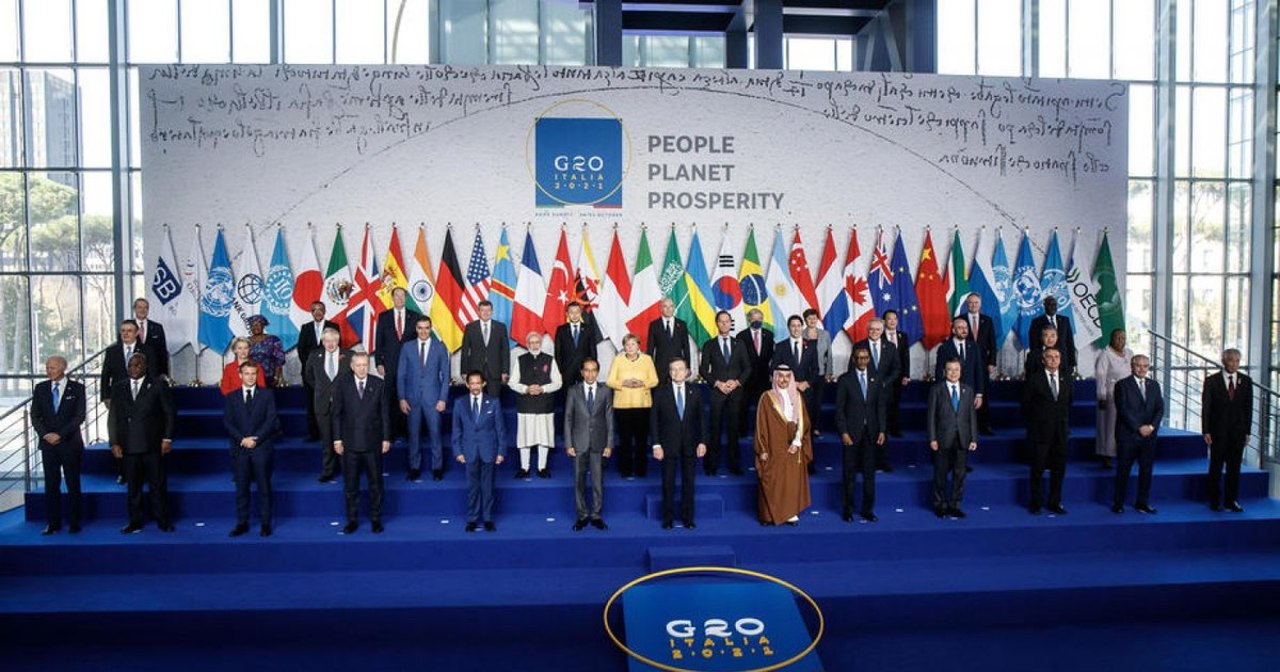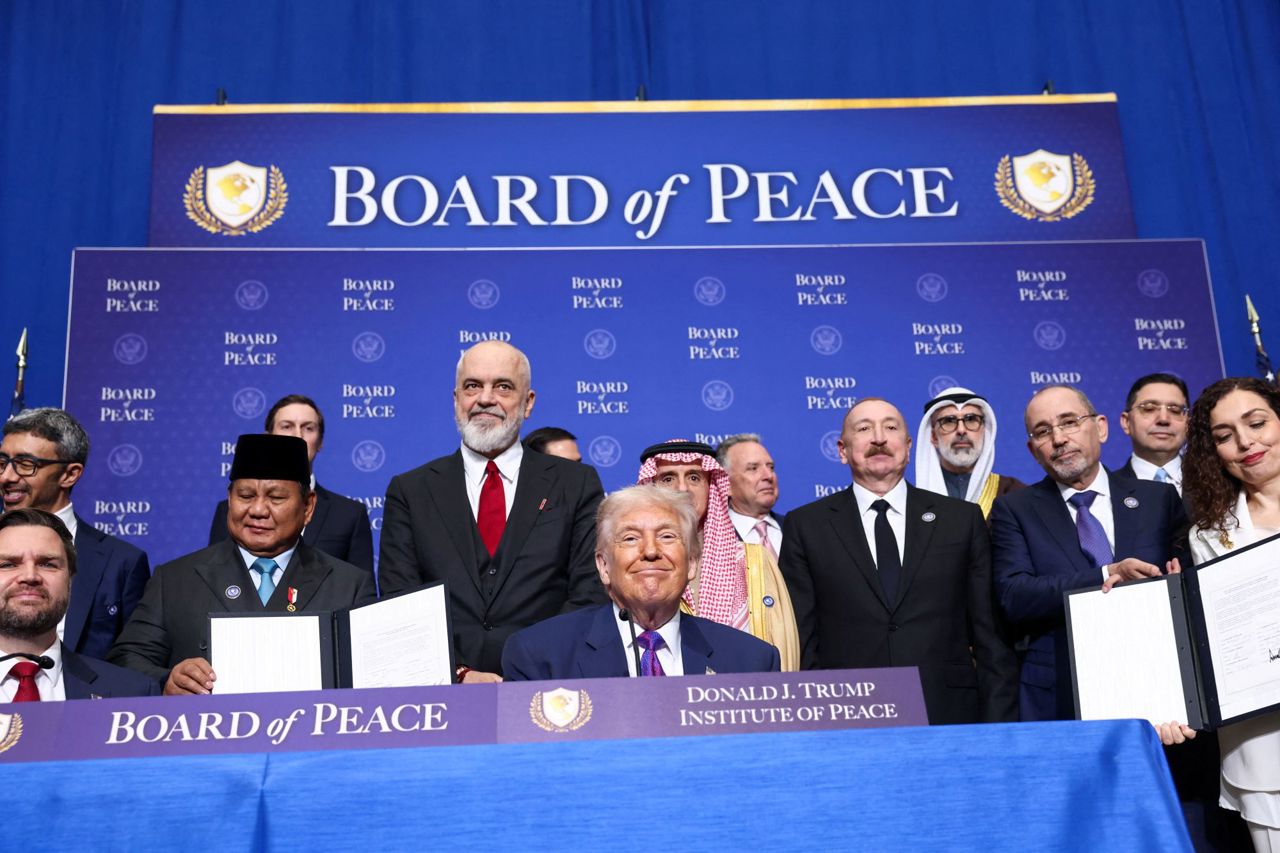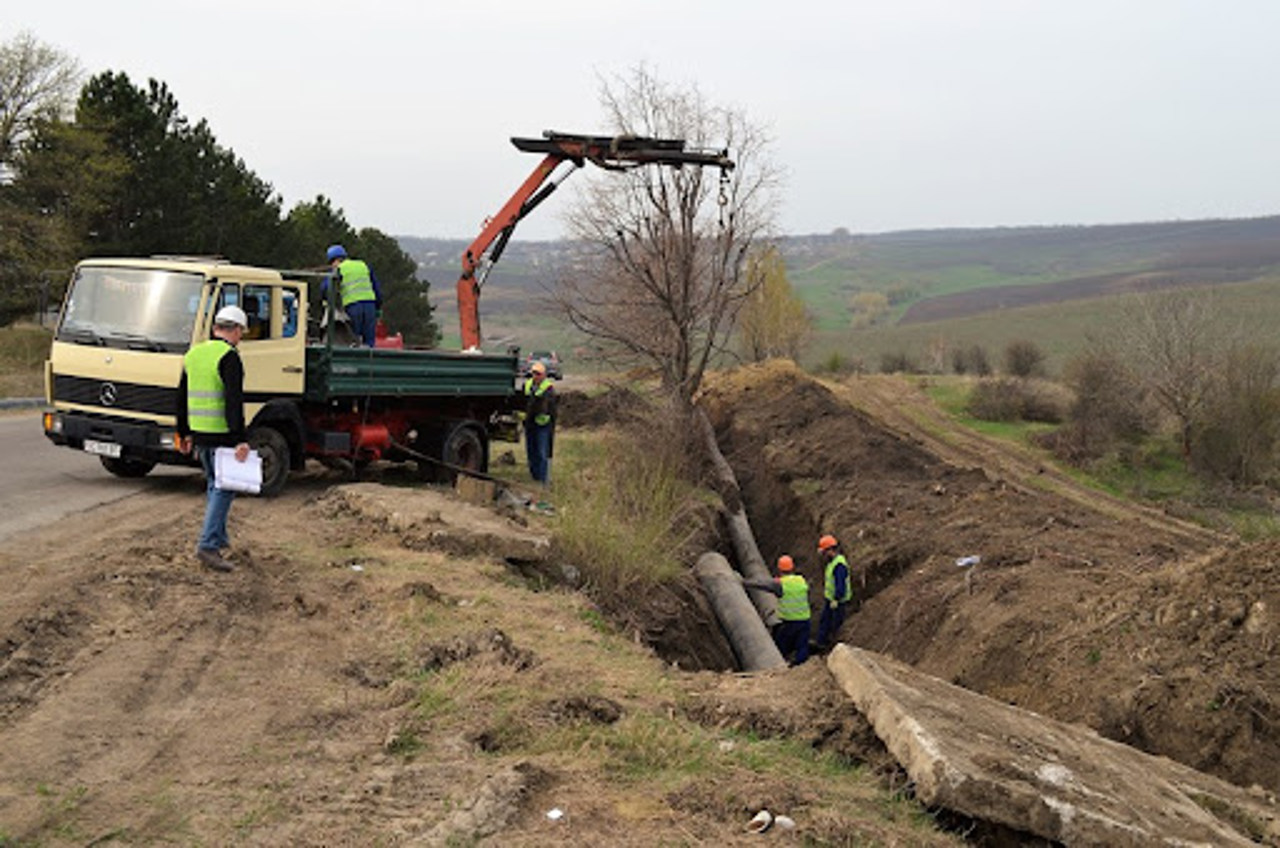G7: Geopolitical Conflicts Threaten Global Economy
The G7 group of nations issued a joint statement on the evening of April 17 following a meeting of finance ministers and central bank governors in Washington.

The statement highlights the significant risks posed by geopolitical conflicts, including the war in Ukraine and the recent clashes between Israel and Hamas, to the global economy. These conflicts are disrupting trade, straining global supply chains, and driving up commodity prices, the G7 warned.
Frozen Russian Assets Remain Blocked
Meeting participants urged Russia to end its war in Ukraine, a major factor contributing to global economic instability. The statement emphasises that Russia's sovereign assets frozen in Western nations will remain blocked. G7 countries are exploring legal options to potentially use these frozen assets to support Ukraine.
"We reaffirm our commitment to ensuring that Russia bears the cost of the damage it has inflicted on Ukraine," the G7 statement declared. "Russia's sovereign assets within our jurisdiction will currently remain frozen, in accordance with our respective legal systems."
Earlier on April 17, US Deputy Treasury Secretary Wally Adeyemo confirmed that discussions within the G7 regarding the frozen Russian assets, estimated at roughly $300 billion, are still underway.
In mid-April, Christian Titje, a professor of international economic law at Martin Luther University of Halle-Wittenberg, expressed his belief, in an interview with DW, that the European Union's hesitation to confiscate the frozen Russian assets is justified.
"After all, the stability of financial markets, from the perspective of the issue at hand, depends on the stability of the rule of law. Therefore, it's not a simple decision to seize someone's property, especially state-owned property, even if that state is an aggressor," he said.
G7 on the Middle East Situation
With regards to the ongoing conflict between Israel and Hamas, the G7 called for increased humanitarian aid to the civilian population in the Gaza Strip. The statement also emphasises the need for continued efforts to achieve an immediate and lasting ceasefire in the Middle East, as well as the release of any hostages still held by terrorist groups.
Furthermore, participants in the Washington meeting condemned Iran's recent major airstrike on Israel. The G7 stressed the importance of international cooperation to limit the Islamic Republic's ability to produce, purchase, and supply weapons to conflict zones.
The G7 comprises the United States, Canada, Japan, the United Kingdom, Germany, France, and Italy. In contrast, the G20 group, which includes Russia and China, exhibits a wider range of viewpoints on current geopolitical conflicts, as noted by Reuters.
The G7 finance ministers' and central bank governors' meeting in Washington was held concurrently with a meeting of their G20 counterparts, which began on April 17 and will conclude on April 18.
These meetings coincide with the spring session of the governing bodies of the International Monetary Fund and the World Bank, also taking place in Washington.
Translation by Iurie Tataru






